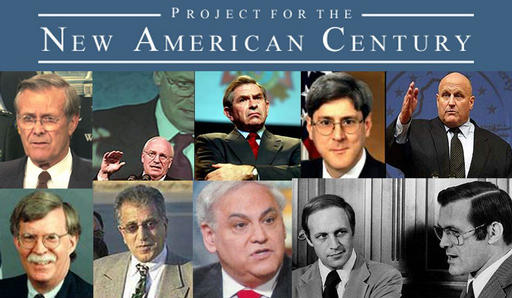Live-blogging the September 26 presidential debate
Warm-up thoughts, jotted down to start with
–Resisted temptation to use quotation marks around debate and coverage, in title above
–Bruising still not healed from media handling of that first Democratic primary debate on September 13, 2015. Lemmingword of the day: “commanding.”
–Guess we all got our marching orders. Anyone who wanted to curry favor have credibility with DC insiders (Chris Matthews’ term, not mine; again stoutly resisting temptation to use quotation marks) had to kiss the collective ink-stained ring and claim that Secretary Clinton won. And more; that she was commanding.
–Watching the debate in the privacy of home, I thought that Bernie Sanders won the discussion. Clinton and O’Malley seemed to be locked in a tight head-to-head race for the bottom, unless super-saturated self-promotion is your cup of tea. Sanders, Lincoln Chafee, and Jim Webb all turned in stronger performances. Perhaps most media personnel do not have the luxury of private reflection. (Analogous to fundamental protection for election integrity: vote in private, count in public.) (Not the other way around.)
–For the record, I wrote about Mr. Trump back in August 2015. Compared him metaphorically to the breaker ball, in 8-ball (playing pool). (Television commentators using same line of thought called him a wrecking ball.) Then wrote about him further; also back in 2012 when he was pushing the birther line.
–Also for the record, I don’t actually think that all commentators dominating U.S. political press coverage are stupid. It’s just that their discourse is consistently hard to differentiate from stupidity. (That’s what hysteria will do for you. More on which later.) In the interest of full disclosure–my own big mistake was to prognosticate, in February, that the GOP candidate with the best chance to win was Jeb Bush. Shortly afterward, he dropped out. Rightly so: he had spent all his money.
–On that. Not to sound stubborn, but how dumb do you have to be, to spend $100M+ UP FRONT, in a campaign where your only hope of winning is by attrition? What delirium told Bush that his best shot was to try to dominate early, in a primary where all the attention was going to Donald Trump, exc when Ted Cruz or some other GOPer said something morally repugnant enough to attract media attention? (Thought for the day: Ted Cruz is the new Strom Thurmond.) Many, many political headlines gave Jeb Bush full credit for raising $110 million before the campaign ever started, amplifying the threat to the max. What possessed him not to save that formidable trove for later, after most other candidates had dropped out, when it might have enabled him to harvest the other candidates’ supporters and donors? For all the attention the money got him in the early months, he could have gone with social media blurbed by a couple of relatives.

Senator Cruz
–As the historical reference to Thurmond might suggest, it’s too bad a sense of shame, or conscience, didn’t curb the appetite for fatuous predictions. Media-insider amnesia has now become epidemic. Do any of the more self-satisfied types even remember that the co-founders of the Project for the New American Century were Dick Cheney and Jeb Bush? That the Vulcans in the GWBush administration were self-evidently determined from the beginning to invade Iraq? That they steered the U.S.A. into invading another country, on bogus claims of WMDs, costing blood and treasure? And that they did so with the aid of media inattention and sometimes media collusion? (Anyone remember Judith Miller, formerly of the NYTimes?)
More later. Probably tonight. Sad to say.


